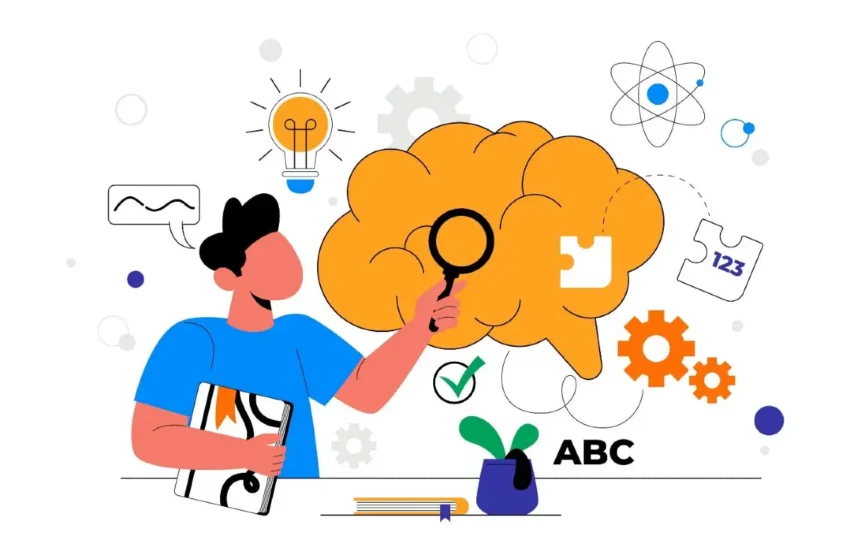Top 6 Ways to Prevent Relapse
Going for addiction treatment is the best decision to make. Addiction is hard to break, but it can destroy your life and relationships. So, fighting it is more important. Many people succeed in defeating addiction, but the chances of relapse are more worrisome. 40 to 60 and sometimes 80% of the individuals going through an addiction recovery relapse for some reason or the other. Addiction is a disease, so it should be treated like one. Like many other chronic diseases treated based on the symptoms and controlled by prevention, addiction to drugs or alcohol is non-curative. But various treatment options are available for it. Since relapse is possible even if you received the treatment, it is essential to be mindful of this possibility.
As much as relapse is a reality, staying sober is possible too. Your proactive approach in treating the relapse and persistent efforts can counter the damaging effects of addiction on your mind and body. Taking addiction recovery as a journey and not the end is essential because your attitude can make a ton of difference. Thinking that addiction recovery is the end goal can make you lazy and more prone to getting in contact with various triggers present in your environment.
Most drug addiction centers teach relapse prevention techniques and strategies to their patients, preparing them to face the world head-on. These techniques help you maintain your short-term and long-term recovery. If you or your relatives have been relapsing from addiction, you can get help from online resources. Various treatment centers like delphihealthgroup.com have well-established websites to help struggling individuals know all about addiction relapse. Broadly speaking, you can follow the below-mentioned strategies to prevent a relapse.

1. Connect with the professionals
Reading resources online can help you understand your situation, but it is not enough. You need to always stay in contact with the professionals from the addiction rehab center you attended. Preventing rehab requires you to be connected with your treatment plans. You can discuss your changing mental and physical predicament and get advice on the right time to launch strategies. Often, the treatment plan provided to you has a continuum of activities, including relapse treatment. If you feel any symptoms, you must be quick to approach the right people. They help you restart the counseling sessions, therapy treatments, and other suitable interventions.
2. Cut ties with old buddies
Now that you have already recovered and left the addiction treatment center, you cannot surround yourself with people from the past. Especially, cut ties with people who to be a dangerous company and took you near alcohol or drugs. It means staying away from your old buddies and social circle. You have to redefine your acquaintances and friends. You need people who know your struggle or have gone through the same situation as you. Such people will most likely support you in your efforts to help you stay sober. The path to staying sober and avoiding relapse is thorny and painful. You will constantly fight urges, so having people who can sabotage your efforts is suicidal.
3. Avoid paces with strong triggers
Addiction triggers include going to places where drinking alcohol or using drugs is a norm. It means not attending the parties and social events as you are not very strong. Other triggers include stress, financial distress, family and spousal relationships. Avoiding relapse means mending the most important relationships, avoiding social gatherings, and staying away from stress. People often resort to taking drugs to drown their present and go to oblivion by coping with stress and financial distress. But stress and desire to please your friends and fitting can falter the resolve of even the strongest. So, it is essential to avoid the triggers as much as possible.
4. Mend your relationship
Your family, spouse, and kids are the people most affected by your addiction fiasco. But beyond doubt, they are also your biggest strength helping you stay on the right track. So, it is important to mend your relationship and make them understand your situation why you went into taking drugs. Even it means going to family therapy sessions, don’t hesitate to take the step. If you are happy in your personal life, you can easily fight the stress and urges.
5. Focus on self-care
Self-care includes taking steps that help with your health and wellbeing. It means taking a healthy diet and including exercise and other physical activity sessions in your life. Food can give you the nutrients your body needs to heal and stay healthy. May foods can replenish your body with natural dopamine, so add nuts, fruits, and salmon.
Drink plenty of water and engage in healthy activities. Spending time with your kids and family, helping them with the tasks, and making plans with them is a way of caring for yourself too.
6. Get healthy distractions
Avoiding relapse means you have to distract your mind and avoid thinking about taking drugs and their effects on you. Therefore, it is recommended to start hobbies and activities that keep you occupied. You can register in any course of your choice, such as cooking, baking, graphic designing, art, photography, etc. Or you can enroll in a degree program if learning was your passion at some point. These distractions are healthy; on the opposite, overthinking can increase your chances of relapse.
Conclusion
Relapse is possible, but prevention is possible too! So, you will decide which option you want to stick to. Prevention requires you to be vigilant about signs and symptoms of relapse and its various stages. Staying in contact with your addiction recovery peers and counselors can help you a lot in your efforts to stay sober after treatment.


